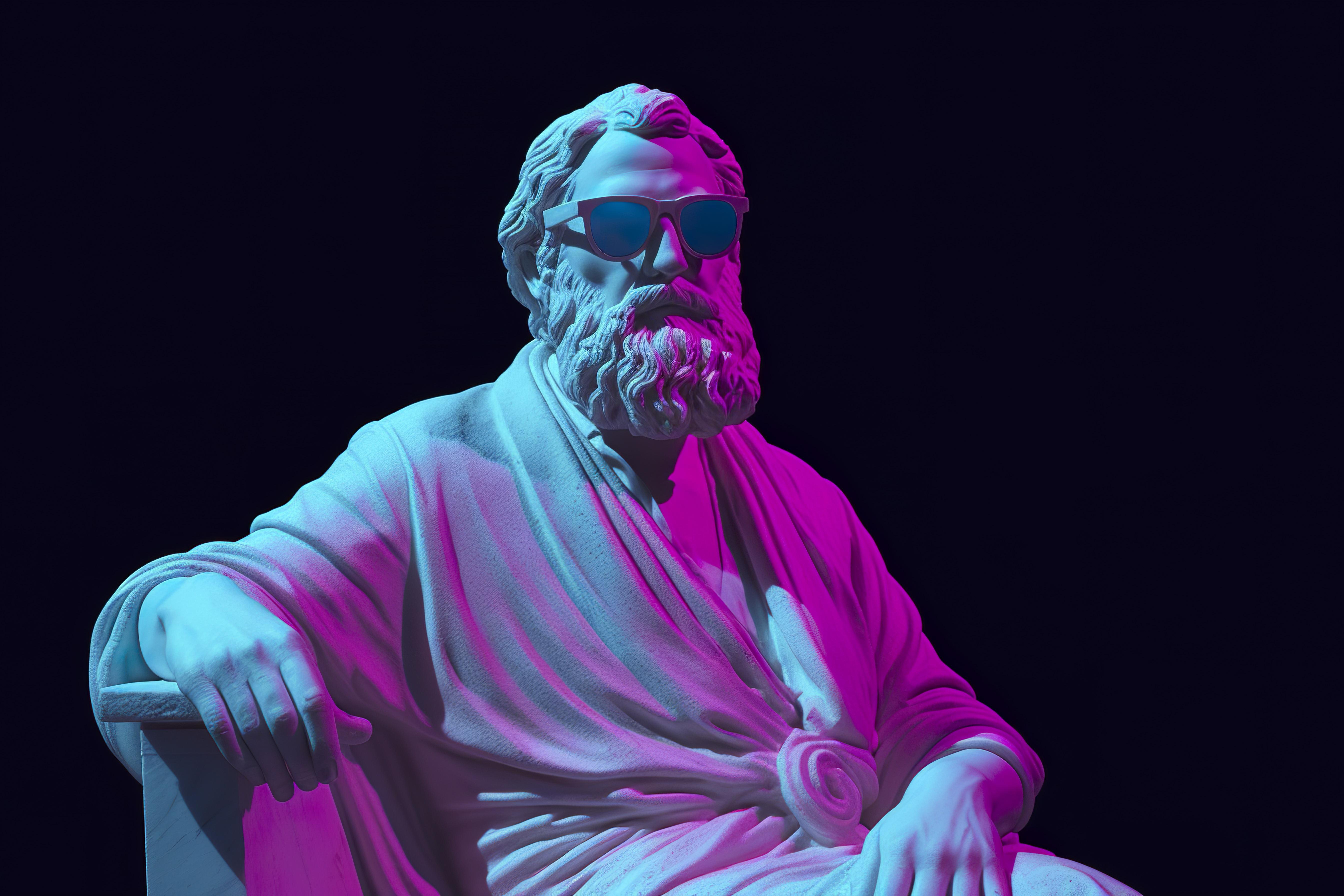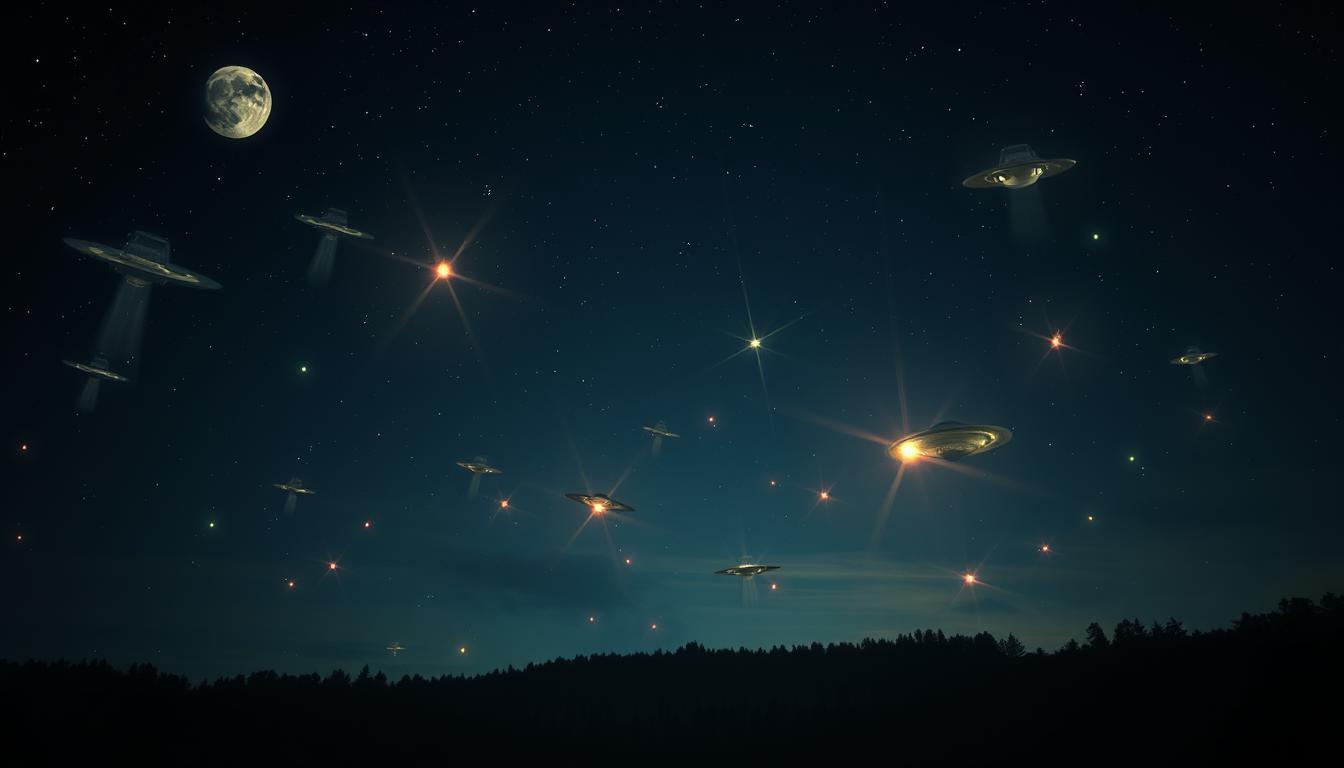Gregor Gregorius
Gregor Gregorius was the magical name of Eugen Grosche (1888–1964), a major figure in 20th-century German occultism. He was the founder and leader of the Fraternitas Saturni (Brotherhood of Saturn), one of the most important and unique magical lodges in modern esotericism—especially in German-speaking countries.
🜏 Who Was Gregor Gregorius?
-
Real Name: Eugen Grosche
-
Lifespan: 1888–1964
-
Profession: Bookseller, astrologer, occultist, publisher
-
Magical Alias: Gregor Gregorius
-
Claim to Fame: Founder of Fraternitas Saturni (FS) in 1926, in Berlin
🜍 Fraternitas Saturni (FS) – The Brotherhood of Saturn
The FS broke off from Aleister Crowley’s Ordo Templi Orientis (O.T.O.) after internal disagreements—especially around the role of Thelema and Crowley's authority.
Key features of the FS:
-
Astro-magical system focused on the influence of Saturn as the central planetary force.
-
Combined elements of Thelema, astrology, ceremonial magic, and Luciferian Gnosis.
-
Emphasized individual spiritual development, self-initiation, and a personal connection to “Saturnian” forces, representing time, limitation, karma, and transformation.
-
Strong influence from Crowley, but not entirely Thelemic. FS viewed Lucifer not as evil, but as the bringer of enlightenment—a Promethean figure.
📚 Gregorius’s Writings
Some of his most important books include:
-
"Magische Briefe" (Magical Letters) – A collection of his core teachings, originally published as letters to students. Deeply practical.
-
"Saturn-Gnosis" – The central doctrine of the FS, outlining their Saturnian worldview.
-
"Der Weg zur Einweihung" (The Path to Initiation) – A magical training guide, often compared to Bardon’s system, but more theosophical and lodge-oriented.
Much of his work was written in coded or symbolic language, designed to be deciphered by initiates or serious students.
🜃 Bardon vs. Gregorius
| Franz Bardon | Gregor Gregorius |
|---|---|
| Practical Hermeticism | Ceremonial Lodge Magic |
| Emphasis on Self-Initiation | Structured Lodge Initiation |
| Magic as spiritual development | Magic as cosmic integration |
| Elemental equilibrium | Saturnian Gnosis |
| No religion required | Esoteric Luciferianism/Thelemic leanings |
✦ Legacy
Although not as globally well-known as Crowley or Bardon, Gregorius remains a key figure in Central European occultism. The FS still exists today, albeit in a more decentralized form. His influence is particularly felt among those exploring the Saturnian current, esoteric astrology, or Germanic ritual magic.
Links:





